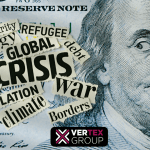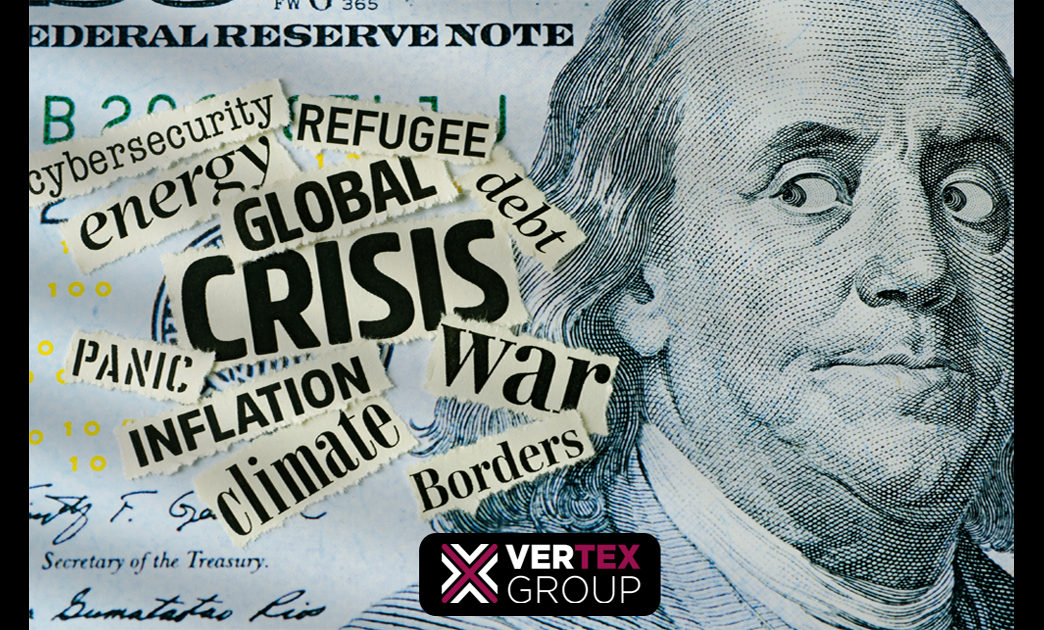What is Forex? Foreign Exchange MarketForex/FXForeign exchange marketIt is a decentralized global market in which all foreign currencies and other financial instruments are traded over the Internet, and it is the largest financial market in the world. Who are the traders and speculators? Trader and Speculators They are people who buy currencies not for the …

What is Forex?
Foreign Exchange Market
Forex/FX
Foreign exchange market
It is a decentralized global market in which all foreign currencies and other financial instruments are traded over the Internet, and it is the largest financial market in the world.
Who are the traders and speculators?
Trader and Speculators
They are people who buy currencies not for the purpose of using them to buy something, but for the purpose of selling them when their price rises in order to make a profit from them
They deal with currencies not as an exchange tool for purchasing goods, but rather as a commodity in itself
Since currencies rise and fall all the time, they can make a lot of profits by buying and selling currencies
Advantages of the Forex market
Huge liquidity and high trading volume in Forex
Forex trading is open 24 hours 5 days a week
Forex trading is done in a decentralized way – OTC
Ease of following the Forex market and restricting currency news
The possibility of making profit during the rise or fall of currencies
Ease of opening a real account in Forex
A decentralized market that cannot be manipulated
Failure to adhere to specific trading dates
Speed and comfort in trading
Leverage that provides an opportunity for small traders
The main players in the Forex market
Interbank Market Makers – These are usually large commercial and investment banks that provide foreign exchange rates to other market makers and some larger clients.
Central Banks – These are the national financial institutions that oversee and manage their country’s currency. They hold currency reserves, and can intervene in the Forex market to defend or weaken their national currency as they see fit. Examples include the Federal Reserve, the Bank of England, Japan and Canada, the Reserve Bank of Australia and New Zealand, the Swiss National Bank and the European Central Bank.
Smaller financial institutions – consisting of smaller banks that may trade Forex for themselves or execute trades on behalf of clients, as well as investment funds
Hedge Funds – These funds employ traders who actively speculate in the Forex market and act as clients of large market makers. Some hedge funds automatically execute trades on an algorithmic basis.
Multinational companies – These companies are not in the business of foreign exchange trading, but usually cover and manage currency risks that arise as a result of their core business activities.
Retail traders – They are small traders who enter the market with a small account with the aim of making a profit
Important terms in Forex trading
Here are some terms that you should be aware of when starting to trade forex:
EURUSD represents the Euro/US Dollar currency pair.
The first currency (EUR) is the base currency.
The second currency (USD) is the quote currency.
Pip – A pip (or PIP as it is called) is the smallest change in the price of a currency pair. If the EURUSD price changes from 1.0000 to 1.0001, it can be said that it has changed by 1 pip.
Bid/Ask Prices – There are always two prices quoted, known as the Forex quote:
The first value (1.0000) is the bid price. This is the price the broker will pay the seller for the base currency.
The second value (1.0003) is the ask price. This is the price at which the broker will sell the base currency.
The bid price is always lower than the ask price.
Spread – The spread is the difference between the bid and ask prices. It represents the cost of Forex trading. In the example above, the spread is as follows: 1.0003-1.0000=0.0003 or 3 pips
Lot – A lot is a unit of measurement. Forex trading is done in lot sizes such as Standard (100,000 units), Mini (10,000 units) and Micro (1,000 units)
Leverage – Leverage is offered by retail brokers which allows traders to trade with much higher capital than they have. For example, with $1,000 capital and 100:1 leverage, you can open trades worth $100,000.
Margin – Margin is the amount of capital required to open a leveraged position in the market. As mentioned above (Leverage), $1,000 is the margin required to open a $100,000 leveraged position in the market.
Margin Level – Margin level is the ratio of your account balance (equity) to the used margin. The higher the margin level, the healthier your account is and vice versa.
Position (trade position) – Once a position is opened and exposed to the market, it is defined as having a position. You will often see descriptions such as “open position” or “sell position.”
What moves the Forex markets?
Like every market, prices in the Forex markets are affected by the forces of supply and demand. Here are some factors that can move the Forex markets:
Central Banks – The actions of central banks have a significant impact on exchange rates. Events such as interest rate hikes or cuts, quantitative easing and tightening can affect values in the Forex markets.
Economic News – News releases are the main catalysts for big price movements in the Forex market, such as central bank updates, employment data, inflation, CPI data, GDP, manufacturing data, and more.
Market Sentiment – Sentiment is a measure of how the majority of market participants feel about the market. The market can be bullish (bullish), bearish (bearish) or neutral at any time.
How do you start trading currencies?
The currency trading market is a huge market available to everyone, and you can easily start trading currencies by opening an investment account with one of the Forex companies or brokerage companies. Brokerage companies provide facilities for individuals, what is called financial leverage or margin trading, which enables them to trade in large amounts compared to the deposited capital. In order for an individual to be able to trade Forex, he must:
First: Learn the basics of Forex trading and the most important Forex terms.
Second: Learn how to use the Forex trading platform
Third: Learn to analyze the movement of Forex and currency prices.
Fourth: Learn capital management in Forex.
Fifth: Create a plan for trading in Forex.
Sixth: Trade with a demo account before risking real money.
Seventh: Choose the best Forex broker and open a real account








